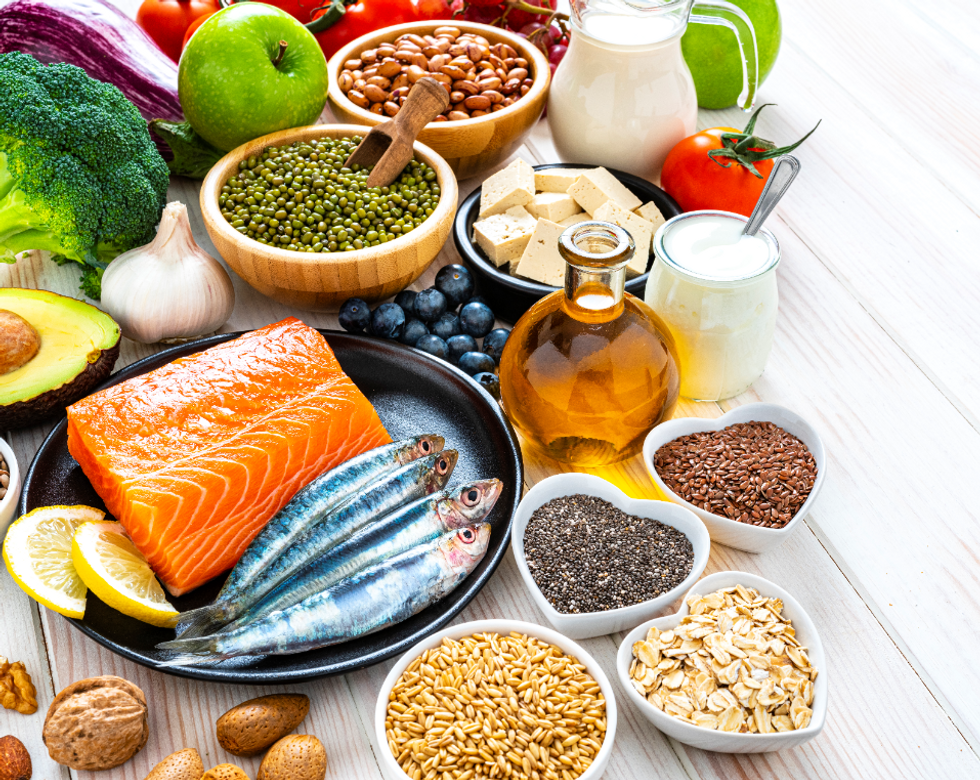A woman suffering from severe B12 deficiency has revealed the first symptom she experienced.
Her testimony offers an insight into the devastating impact of B12 deficiency, which is estimated to affect around six percent of the UK population.
Vitamin B12 deficiency occurs when a lack of vitamin B12 causes the body to produce abnormally large red blood cells that cannot function properly.
Vitamin B12 several important functions in the body, including keeping the nervous system healthy, so falling short can spell disaster.
Neurological problems caused by B12 deficiency can be irreversible
Getty Images
Elizabeth, 76, is well aware of the problems associated with B12 deficiency. She first noticed something wasn’t right a few years back.
“I was first diagnosed with B12 deficiency years ago, quite severe, after developing numbness in my feet and legs, tingling, and neuropathy in my hands as well,” she told Mayo Clinic Connect.
Her condition rapidly deteriorated. She started experience nerve pain in her legs and was becoming weak.
Elizabeth now takes B12 supplements and gets B12 injections every two weeks. It has been years since her diagnosis and yet she still has low levels.
The 76-year-old’s symptoms are consistent with neurological problems brought on my B12 deficiency.
According to the NHS, a lack of B12 can impair your nervous system, which can cause cause irreversible damage.
Signs of neurological changes include:
Vision problems
Memory loss
Pins and needles
Loss of physical co-ordination (ataxia), which can affect your whole body and cause
Difficulty speaking or walking
Damage to parts of the nervous system (peripheral neuropathy), particularly in the legs
How to treat B12 deficiency
The treatment for vitamin B12 deficiency depends on what’s causing the condition.

You can top up your B12 levels by eating plenty of meat, fish and eggs
Getty Images
“Most people can be easily treated with injections or tablets to replace the missing vitamins,” explains the NHS.
The health body continues: “If your vitamin B12 deficiency is caused by a lack of the vitamin in your diet, you may be advised to take vitamin B12 tablets every day between meals. Or you may need to have an injection of hydroxocobalamin twice a year.”
You can also top up your B12 levels by upping your intake of certain foods.
Good sources of vitamin B12 include:
Meat
Salmon and cod
Milk and other dairy products
Eggs

Sarah Carter is a health and wellness expert residing in the UK. With a background in healthcare, she offers evidence-based advice on fitness, nutrition, and mental well-being, promoting healthier living for readers.








